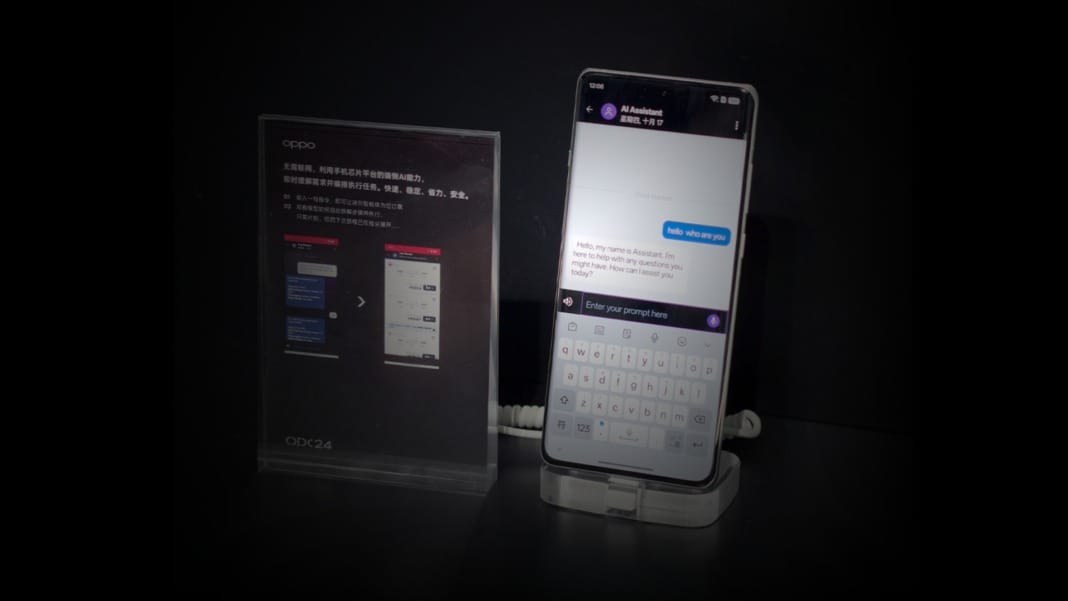OPPO, a global leader in smart devices, has made a significant leap forward by becoming the first company to successfully implement the Mixture of Experts (MoE) architecture directly on-device. This breakthrough is set to improve the efficiency of AI processing, marking a major step towards more advanced and flexible on-device AI systems, while paving the way for future AI integration with mobile hardware.
As artificial intelligence (AI) continues to advance, more AI tasks are being handled directly on devices instead of relying on cloud computing. However, this shift presents challenges, as large AI models require substantial computational power, which can sometimes affect performance, especially on devices with limited hardware capabilities. To address this, OPPO has worked with leading chipset providers to introduce the MoE architecture on-device, helping to overcome these challenges.
Improving AI performance and efficiency
The MoE architecture dynamically activates specific sub-models, referred to as “experts”, which are designed to handle particular tasks. This significantly enhances AI processing efficiency while also reducing the consumption of computing power and data transfer.
In lab tests, OPPO’s on-device MoE architecture has been shown to accelerate AI task processing by around 40%, while also reducing resource demands and improving energy efficiency. This results in faster AI responses, extended battery life, and enhanced privacy, as more tasks are processed directly on the device without the need for external servers.
This innovation in AI technology brings clear benefits to users. By lowering the computational costs of AI tasks, OPPO’s MoE architecture allows even lower-cost devices, alongside flagship models, to perform complex AI functions. This opens up new opportunities for the industry, enabling more people to access advanced AI capabilities.
OPPO’s commitment to AI research and development
OPPO’s success with the MoE architecture forms part of its larger commitment to AI innovation. With over 5,860 patent applications in the AI field, OPPO continues to make significant investments in research and development. The launch of OPPO’s AI Centre in 2024 further consolidates its AI research efforts, highlighting the company’s mission to deliver high-quality AI experiences to users worldwide.
Looking ahead, OPPO is determined to extend these AI capabilities to a wider audience. By continuing to introduce AI-powered features across its smartphone range and conducting ongoing research into AI architectures like MoE, OPPO aims to make AI technology more accessible across its range of products.
This latest achievement reinforces OPPO’s leadership in AI innovation, signalling a future where more devices, regardless of their price range, can harness the power of AI to deliver better performance, improved privacy, and enhanced energy efficiency.





